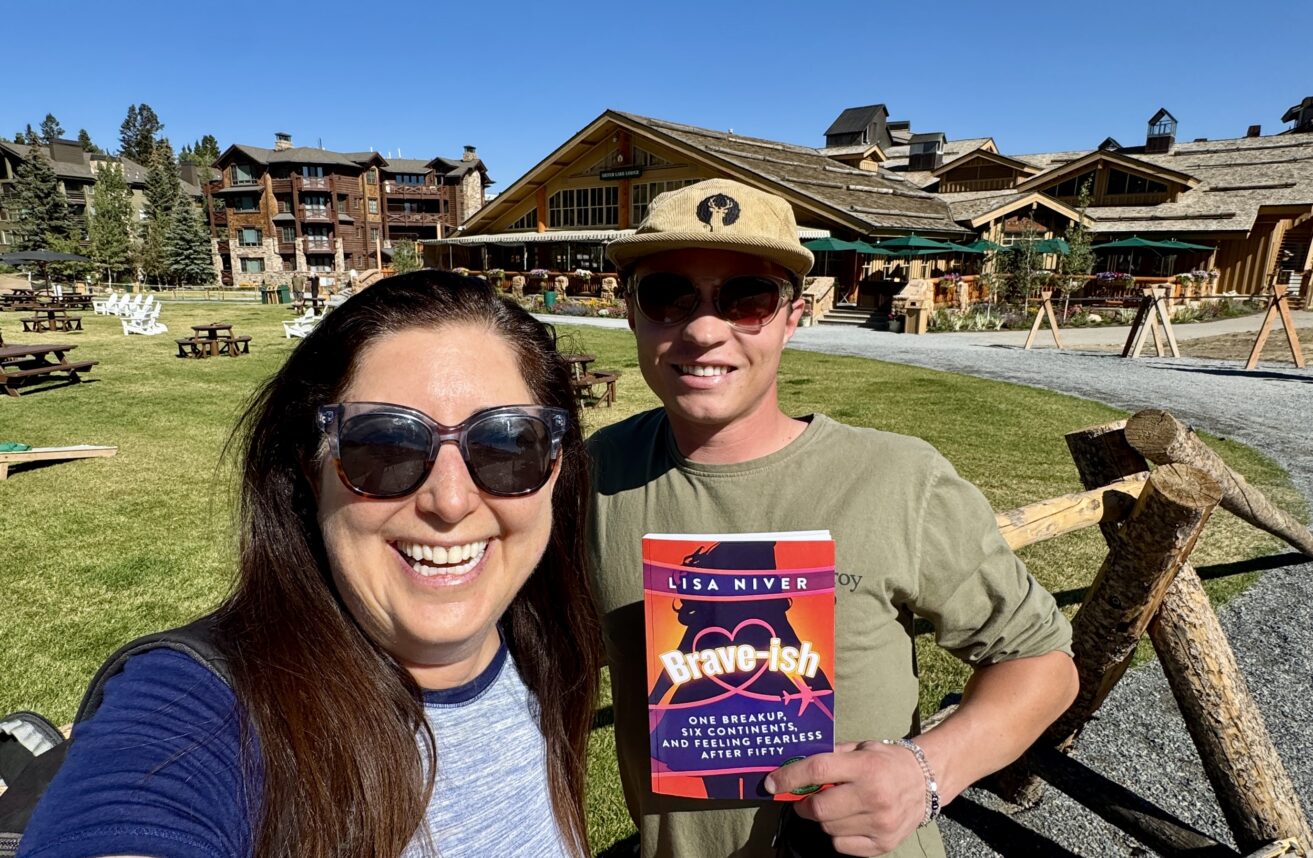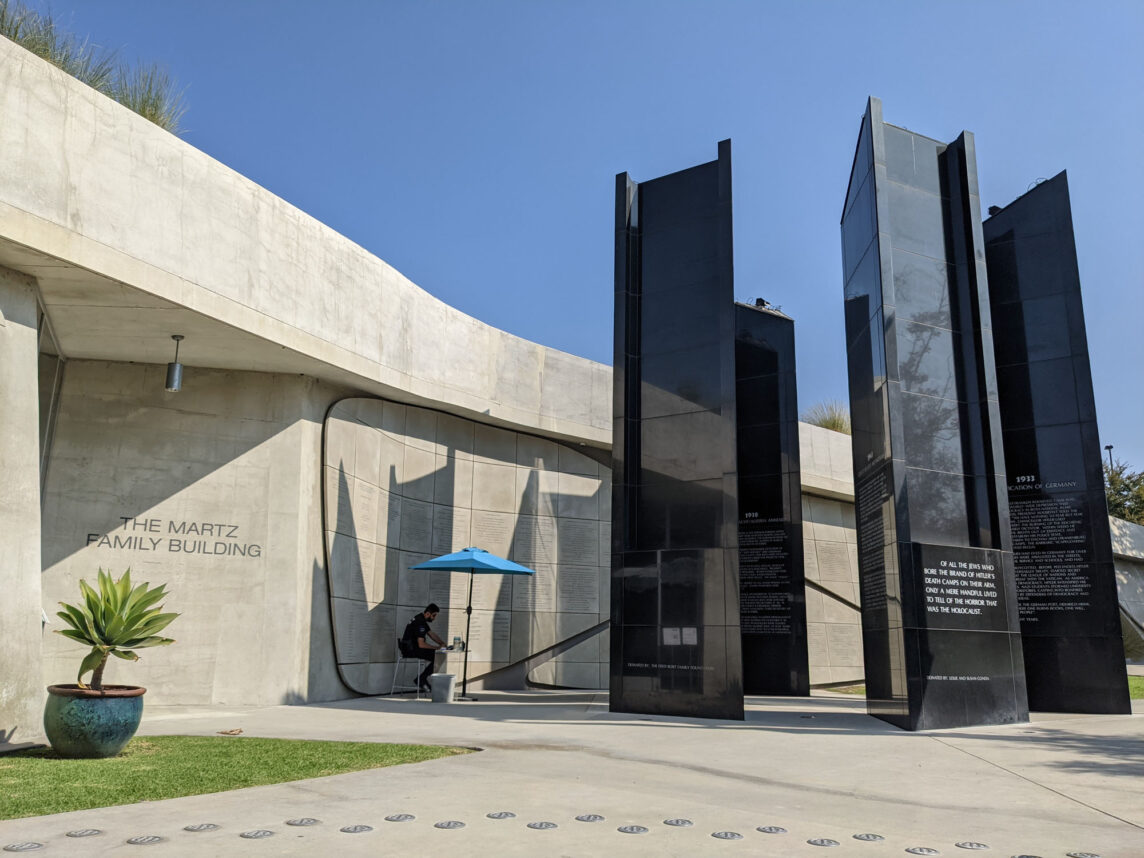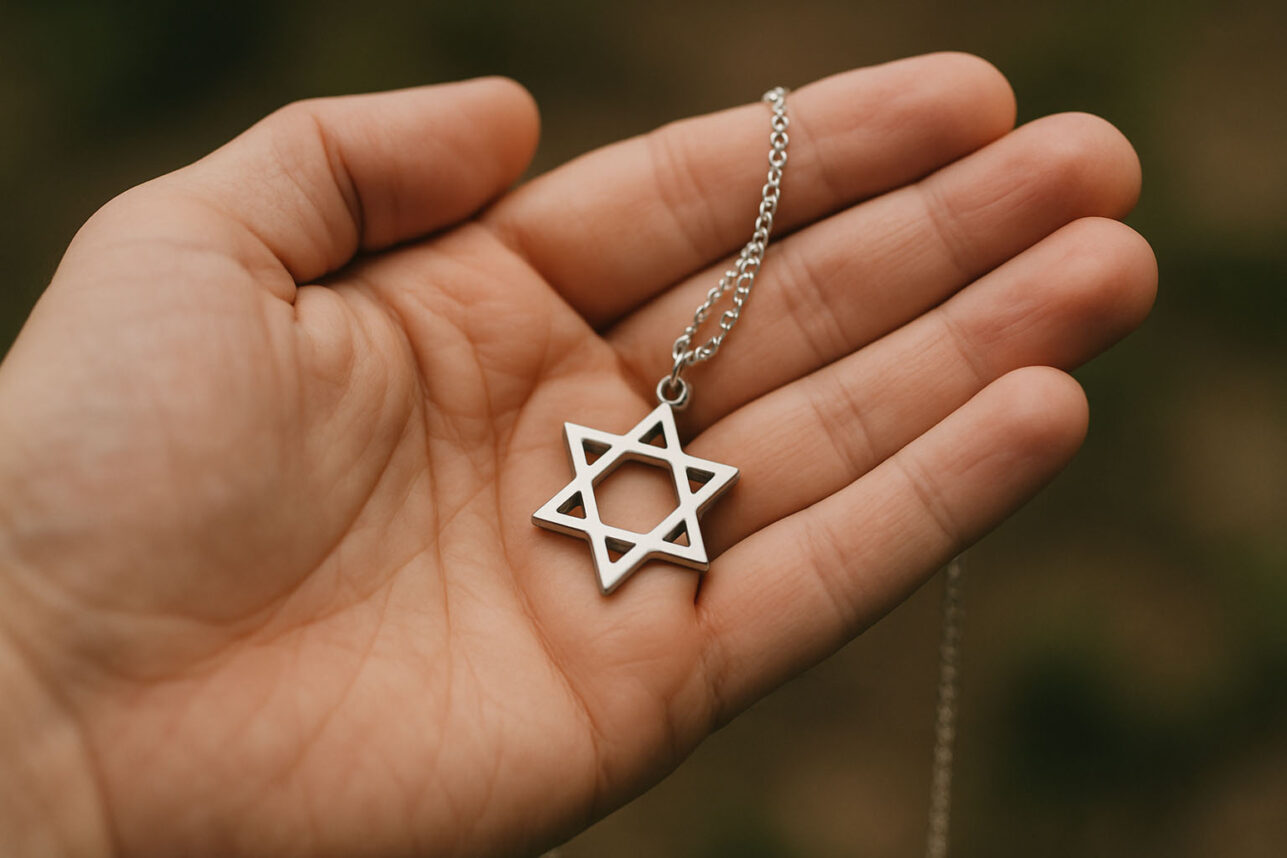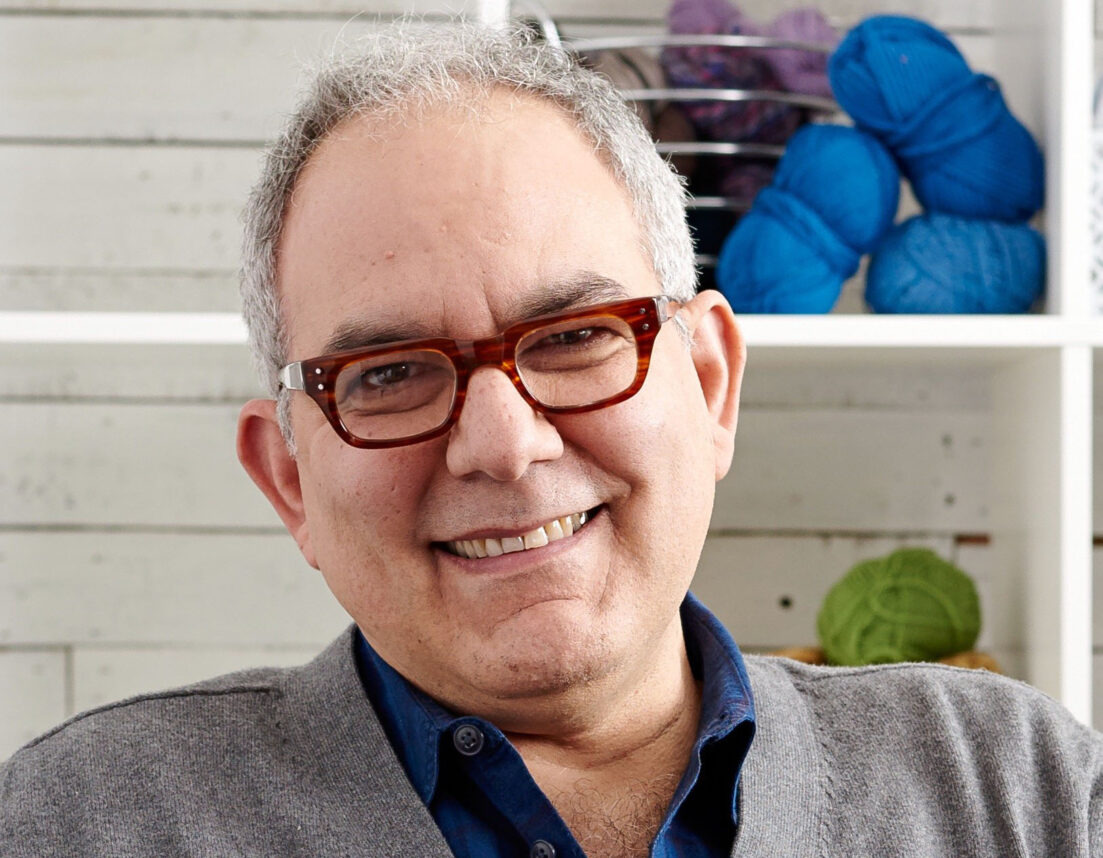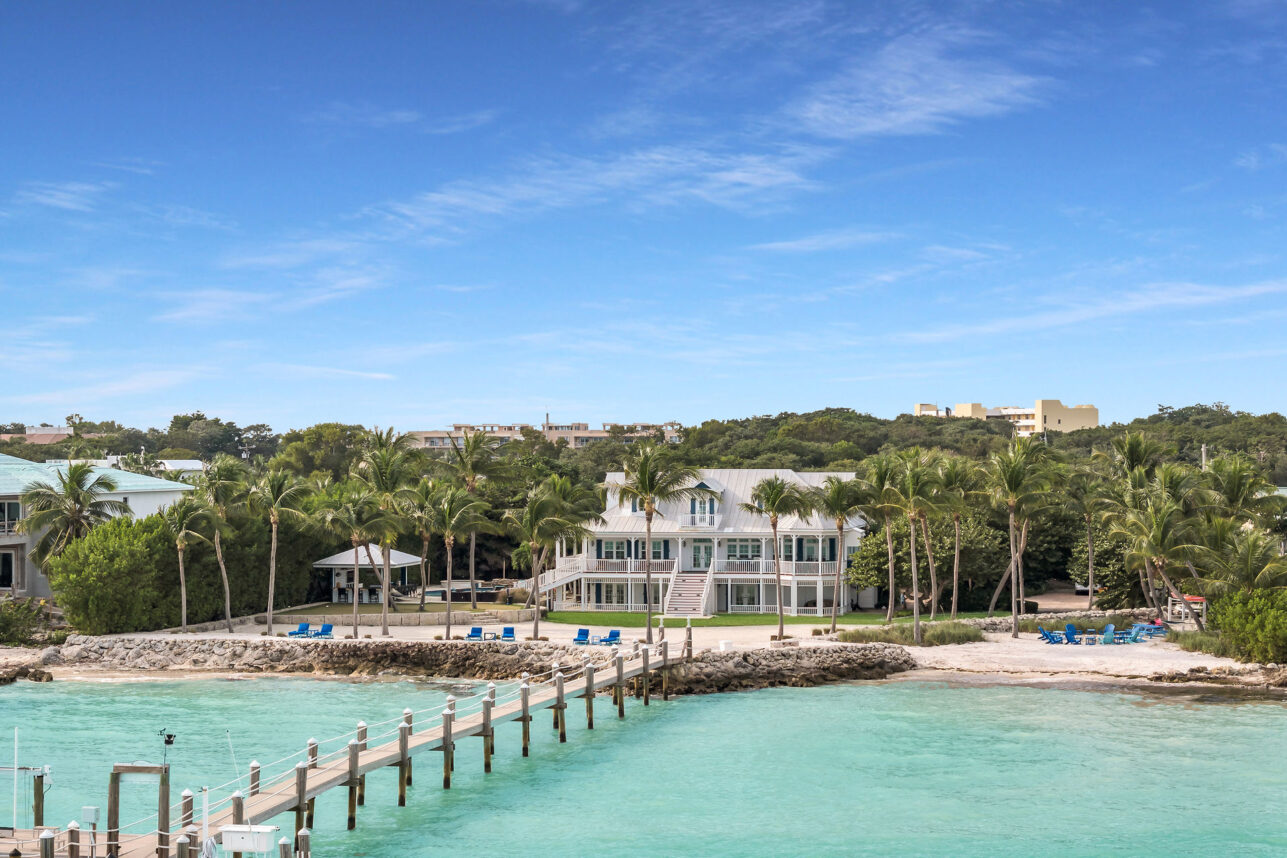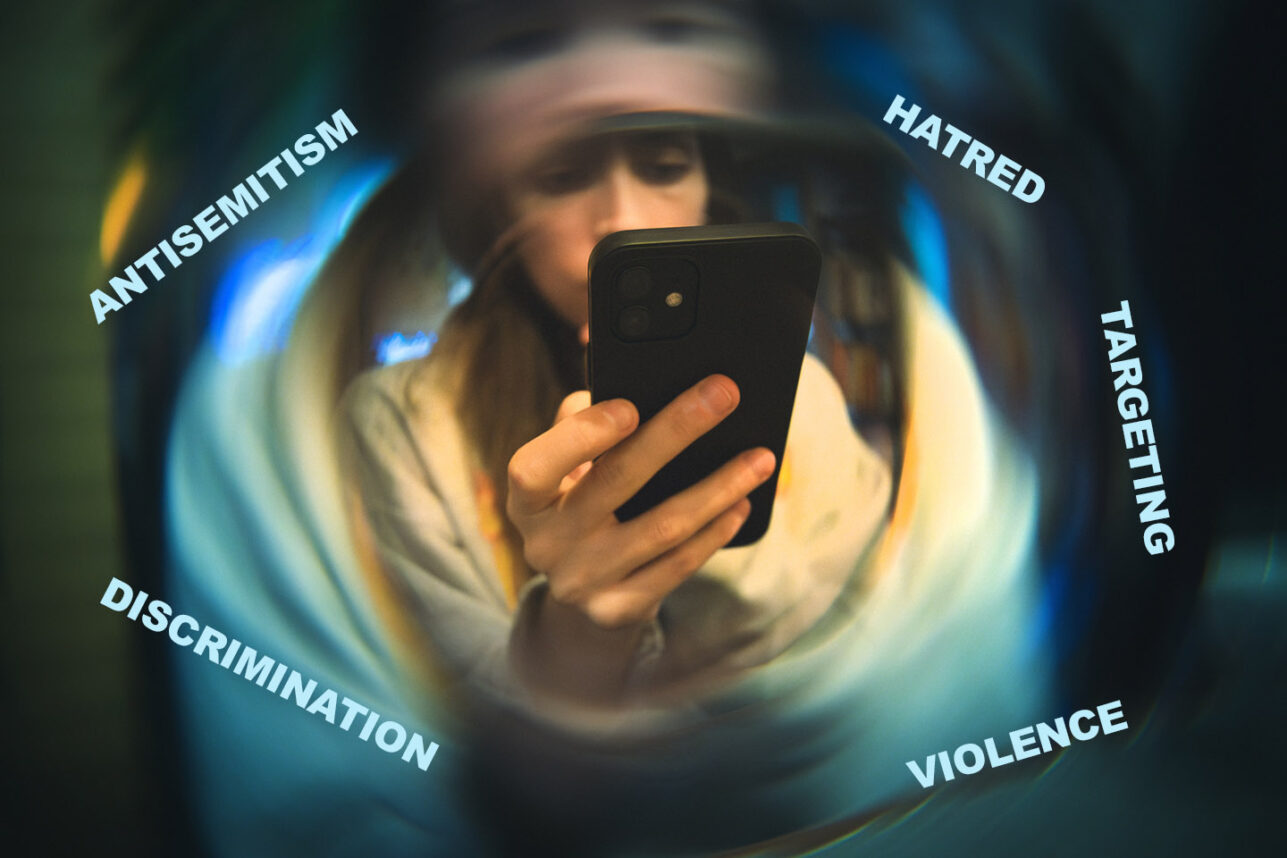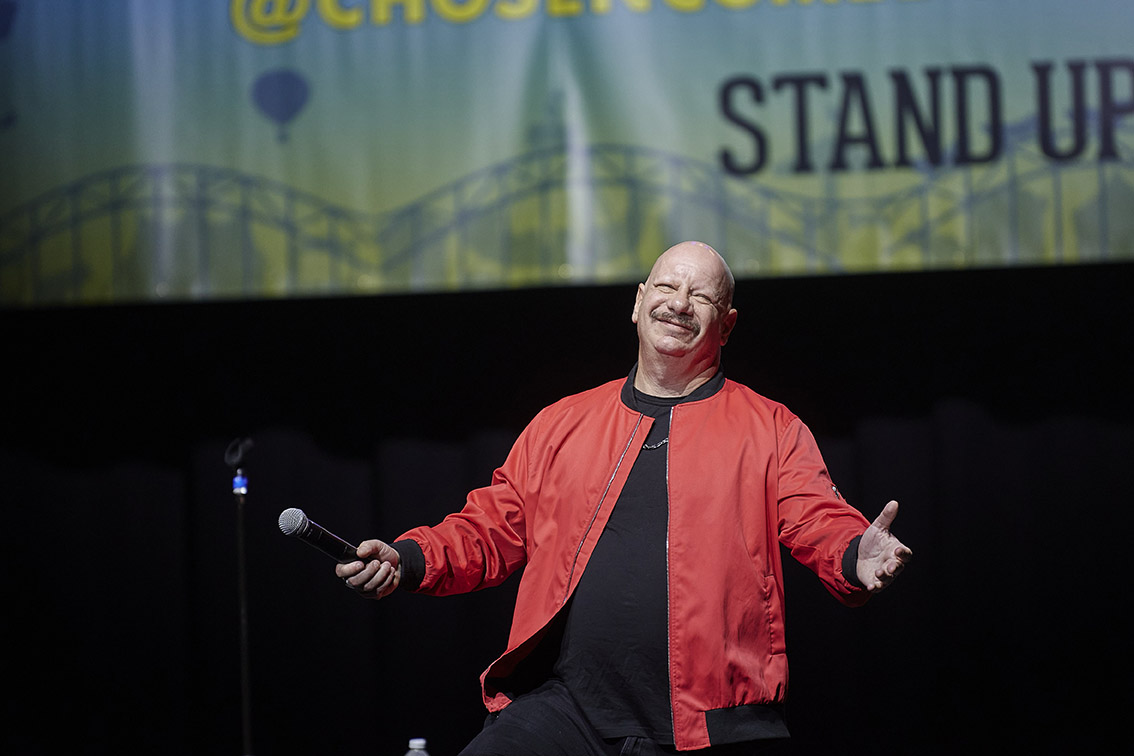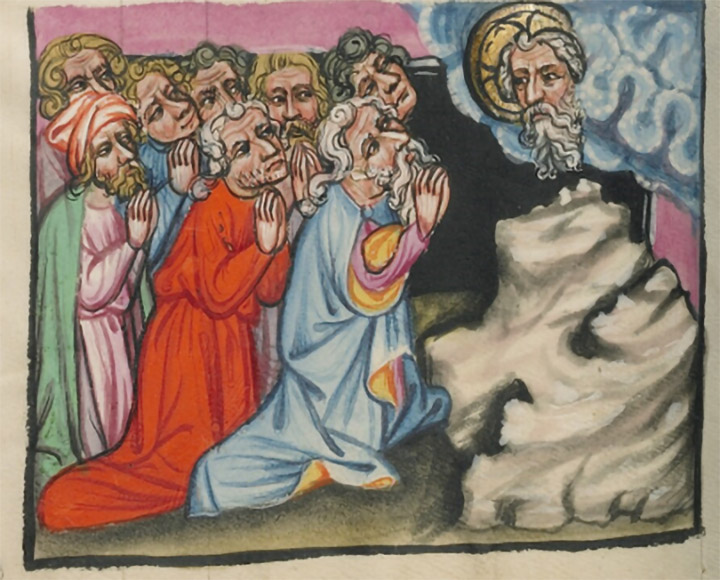I first met the amazing Paskowitz family in 1978, when I was a writer/producer with “Two on the Town,” a KCBS-TV magazine show anchored by Connie Chung before she left Los Angeles for greener pastures.
Theirs sounded like the perfect, upbeat if slightly wacky, Southern California story: Dorian “Doc” Paskowitz was a Stanford Medical School graduate who had rejected the world of Mercedes and mega-mansions to take his nine children and his Mexican-Indian wife on a nonstop surfing pilgrimage from beach to shining beach.
So we headed to the waves in the shadow of San Diego County’s San Onofre Nuclear power plant to film the tale of a passionate surfer dropout and his large surfing brood.
The entire 11-person family lived in a tiny, 24-foot camper, foraging for food and making do on what they could make by teaching surfing. Doc also took occasional small jobs helping out as a physician in deprived communities, but only to keep the family from starvation.
Oh, and by the way, I was told by our producer, Joel Tator, “the Paskowitzes are Jewish.”
This did not compute. What was a Jewish doctor doing with nine children in the sort of beaten-up camper that looked like it might be used for smuggling people over the nearby Mexican border?
When we met on that sunny day, the entire family, tanned, bright-eyed and photogenic, climbed out of their camper to greet us, announcing their names in order of age: David, Jonathan, Abraham, Israel (Izzy), Moses, Adam, Salvador Daniel (in honor of his mother Juliette’s Mexican heritage), Navah — a beautiful little girl among all the boys — and the baby, Joshua.
Their father did most of the talking, describing his philosophy and the family’s strict itinerant lifestyle. They followed a rigid diet, eating only organic and raw foods. Sugar was banned. Doc had decreed that they could only eat like animals in the wild, though when our director took them out for dinner after the shoot, he reported it was steaks all round.
None of them had ever attended school, though daily surfing was mandatory. They were not accorded any say in any part of their lives, including their education or lack of it.
The Paskowitzes didn’t have bills to pay or taxes, and the truant officer never caught up with them because they were never in the system to begin with.
Mother Juliette was statuesque and friendly, with a permanent tan and a wide, even white-toothed smile. She was self-deprecating, making fun of her family and her lifestyle. Her Jewish sister-in-law, she informed me, called her a “squaw.”
My 6-year-old son, Gideon, whom I had brought along for the ride, was entranced by the whole performance. What youngster wouldn’t think it was paradise to live permanently on the sand and surf all day. And they didn’t even have to go to school. And when the older kids demonstrated their teaching skills that day by getting him up on a surf board for the first time, the Paskowitzes became his heroes.
Doc told me he laid great emphasis on his Jewish heritage, which he was passing on to his kids. The family lit candles in their tiny camper every Friday night, and several of the children wore Magen Davids.
There was much, I thought, that was admirable about their life. Their devotion to one another was obvious. Their healthy disregard for “stuff” stood in admirable contrast to the growing Californian materialism.
So it was with great interest and anticipation that I sat down to view “Surfwise,” a documentary about the clan that opens May 23 in Los Angeles. The film was produced by, among others, son Jonathan, age 47, and directed by Doug Perry, whose last documentary, “Infamy,” focused on illegal graffiti writers.
‘Surfwise’ — Episode 1
However, the film quickly reveals that all was not sunshine and waves in the Paskowitzes’ Swiss Family Robinson lifestyle.
The story that vividly emerges is more like a Southern California version of the “Poisonwood Bible,” in which a megalomaniac father forces his family to live out his dream, even as that dream retreats further and further from reality.
Doc, now 87, took great pride in his Stanford medical degree, but denied his sons the option of having any such achievement for themselves.
One of the saddest notes is when one son talks of his ambition to follow his father into medicine, which he couldn’t realize because of his lack of formal education.
Seventh son Salvador notes, “Most parents say, ‘Go to school. Don’t go swimming with sharks, that’s dangerous. Our parents said, ‘You can go swimming with sharks, but you’re not f—-ing going to school. That s—‘s dangerous.'”
By refusing to make money — it becomes clear in the film the family often did not have enough to eat — Doc ensured that his kids would grow up to think of little else.
Navah , the sole Paskowitz daughter and now 39, laments the sexism of her father toward both her mother and herself; she also recalls that since clothing was recycled from child to child in the family as she grew up, she never had any girl’s underwear.
And in some of the most painful footage, she talks about the psychic and sexual damage she suffered as the only girl sleeping with eight brothers in a tiny camper with parents who noisily made love every night.
“We were like small monkeys in a weird monkey cage,” she says.
Perhaps the most obvious sacrifices the film clearly shows were made by the mother, Juliette, who met the twice-divorced Paskowitz, 11 years her senior, in a bar on Santa Catalina Island and gave up her life and artistic ambitions — at one point she sang with the Roger Wagner Chorale — to marry him and raise his children.
The camper, she reveals, was actually a step up for the family. They raised their first son, David, for the first two years of his life in an old Studebaker.
















